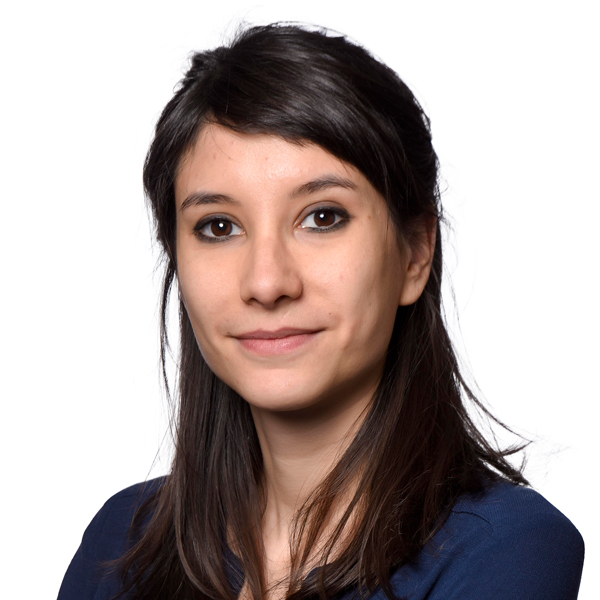Open Science: from strategy to action
Subject: Multidisciplinary
The UOC Library presents the microMOOC on open access at LIBER 2018. The second edition of the course will be held from 22 to 26 October.
The UOC Library took part in LIBER 2018, returning for what was the 47th year of this annual research libraries conference, which has made Open Science its focus for four years running. This year, the conference was held at the LILLIAD Center Innovation at the University of Lille (France) and offered an extensive programme under the caption Research Libraries as an Open Science Hub: from Strategy to Action.
An open-access course on Twitter
During the conference, Clara Riera, director of Library Services for Research, presented the MicroMOOC in Open Access experience, a project that was coordinated by the UOC in 2017 in collaboration with the other Catalan universities and Universitat Jaume I (UJI). This year, the Twitter course will be repeated during the Open Access Week, from 22 to 26 October 2018.
Measuring open access
At LIBER 2018, Anna Rovira (Universitat Politècnica de Catalunya) and Ignasi Labastida (University of Barcelona) explained the objectives of the Open Access Observatory. This is an initiative, of which the UOC is also a part, to monitor the open-access scientific production of these institutions. The LIBER road to 2022 The conference fired the starting pistol for the LIBER 2018-2022 Strategy. As a result, various working groups have been organized to debate each of the strategic lines of the plan, which seeks to position research libraries as platforms for innovative scholarly communication, as a hub for digital skills and services, and as collaborators in research infrastructures.
Let’s build the skills of open science!
As a member of the LIBER Digital Skills for Library Staff & Researchers Working Group, Clara Riera also took part in a working group organized in cooperation with FOSTER (Let’s build the skills!), on the digital abilities and skills of researchers and librarians in the open science framework. The result was a very enriching dialogue between participants from all over the world, with different points of view depending on the cultural context and national strategy regarding open science. Even so, the experts all agreed on one thing: ongoing education is essential. You can consult the initial conclusions of the working group and the list of basic and specialist skills that emerged.
Good practices in research data management (RDM)
Another of the central issues at LIBER 2018 was management of the research data generated by researchers, as well as their dissemination and preservation. The following are some of the key issues that were discussed:
- Ongoing training of library staff is necessary to provide support to researchers in RDM, in collaboration with the faculties, departments and other libraries.
- The interoperability of systems in universities to foster the exchange of data and information between them; in the case of the UOC, between RDM, GIR, ORCID and the UOC O2 Repository.
- Access to and preservation of data. What will happen to the data stored when the programs used to view them cease working?
- Investment in research data management programmes to be able to comply with institutional policies. In fact, Delft University has recommended avoiding mandates before having a data management infrastructure and support service.
Clara Riera holds an official llicenciatura degree in Information Science from the University of Barcelona (UB) and she has a postgraduate qualification from the UOC's Faculty of Health Sciences. Since 2014 she has been director of Library Services for Research at the UOC.


